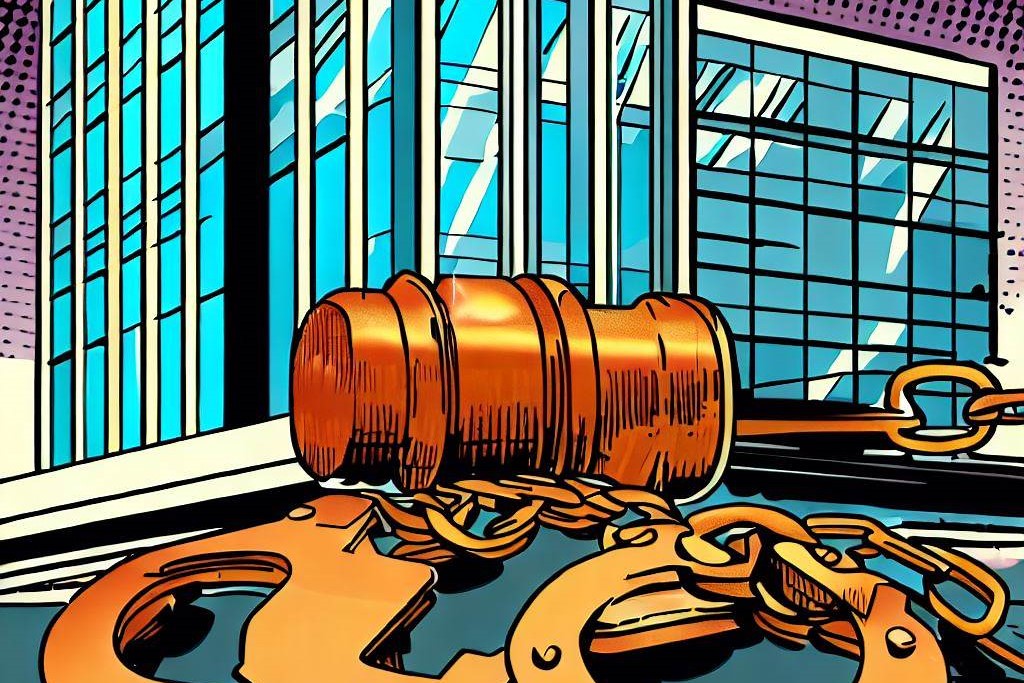Prosecuting the criminals instead of the corporations
11 July 2023
Illustration by Sergei Brovkin and DALL-E
If you are thinking of committing a crime, let me suggest you become the CEO of a corporation and do it there. If caught, the authorities are likely to prosecute the company, while you escape with your ill-begotten gains. Here, especially, is where crime can pay.
Corporations don’t commit crimes, people commit crimes. It is difficult to imagine thousands of people in an organization—business or otherwise—committing a crime, while it is rather easy to imagine a few of them doing so. Why, then, blame all the stakeholders for the crimes of a few?
The guilty who go free are often the prime beneficiaries of the crime, while the innocent are left behind to pay the cost of a conviction. For example, by the time a corporation is convicted, and perhaps fined, a few executives could have left with their bonuses, earned from the crime, while the workers and other employees, even directors, who had nothing to do with it could be suffering the consequences—say, a weakened organization that lays the workers off. Talk about a perversion of justice.
Consider even the shareholders. By the time the case is settled, some could have sold their stock, at inflated prices that reflected the gains from the crime, while new shareholders who had no association with the crime are punished by a deflated share price.
Sure, it’s easier to prosecute an entire corporation than a pack of individuals embedded in its structure. Instead of having to sort out who did what, all that matters is that it happened there. That may help the system of justice, short term, but not the society at large. Holding executives personally responsible for crimes would send a far stronger message to their successors than holding the corporation responsible. Corporate and other institutional crimes have been on the rise. This could help reverse that, significantly.
Moreover, when several individuals who may be responsible for a crime are charged together, the opportunities for plea-bargaining increase substantially, and so, too, do the chances of getting convictions. In contrast, when the corporation is charged, no one may have an incentive to break ranks and cooperate with the legal authorities. Moreover, a focus on the criminals, rather than on their institution, can open the door to civil suits against them—which could further reduce corporate crime.
Of course, crimes that enrich a corporation have to be met with fines as well as compensation for the victims. But no matter how high some recent fines have been—one against Google exceeded $4 billion—rarely do even these come close to a significant portion of the company’s wealth. In Finland, people pay fines according to their income: a businessman was recently assessed a fine of €121,000 for driving 30km/h over the limit. Yet even that probably damaged him far less than, say, a Finish taxi driver who had to pay a tiny fraction of that amount. Imagine considering this for corporate crimes.
Sure, there are prominent examples of executives being convicted, but these are the exceptions that make the case: the crime usually has to be especially dire. Otherwise, what is called “class affinity” can kick in: prosecutors, and especially judges, may be more inclined to sympathize with golfing partners than with mere criminals.
So: isn’t it time to let the punishment fit the crime, and the criminals?
-----------
© Henry Mintzberg 2023. No rights reserved: This has a Creative Commons Attribution-NonCommercial 4.0 International License.